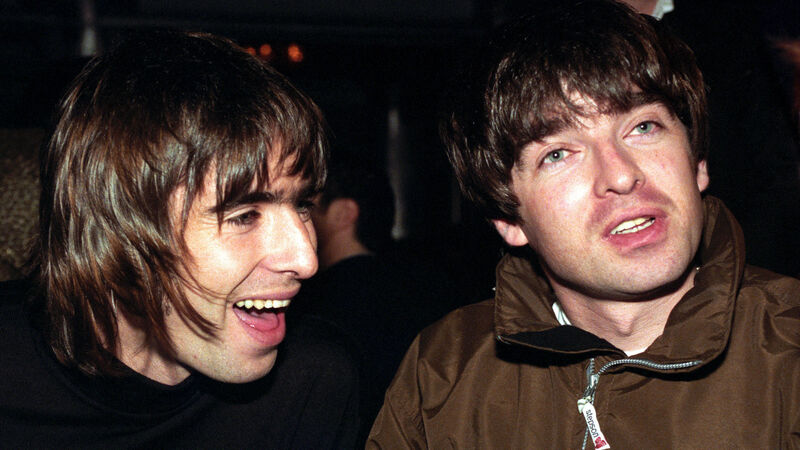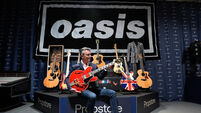What is dynamic pricing and how does it work?

It was evident that there was a huge demand for the band's reunion for the first time since they broke up in 2009.
More than 500,000 people joined the queues on Saturday morning to buy tickets for Oasis' concerts in Dublin's Croke Park next August.
It was evident that there was a huge demand for the band's reunion for the first time since they broke up in 2009.
















